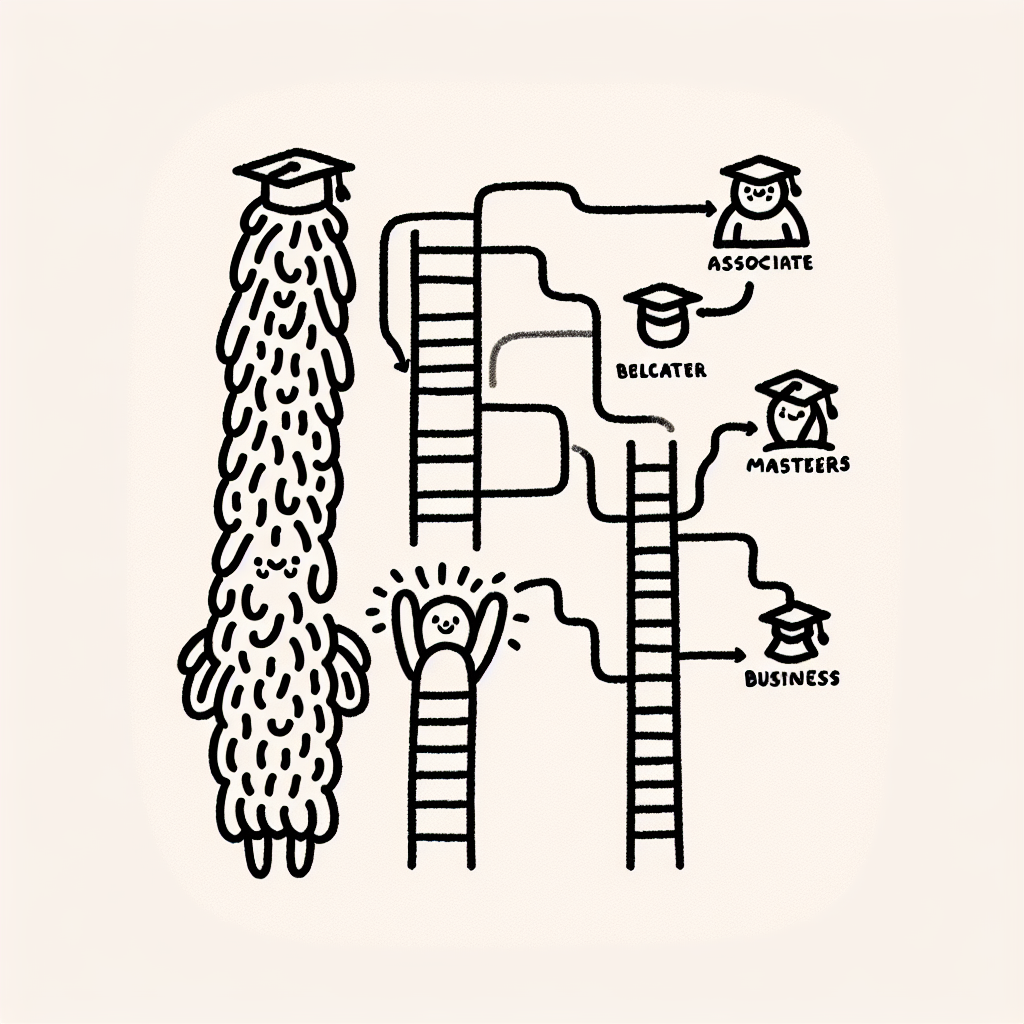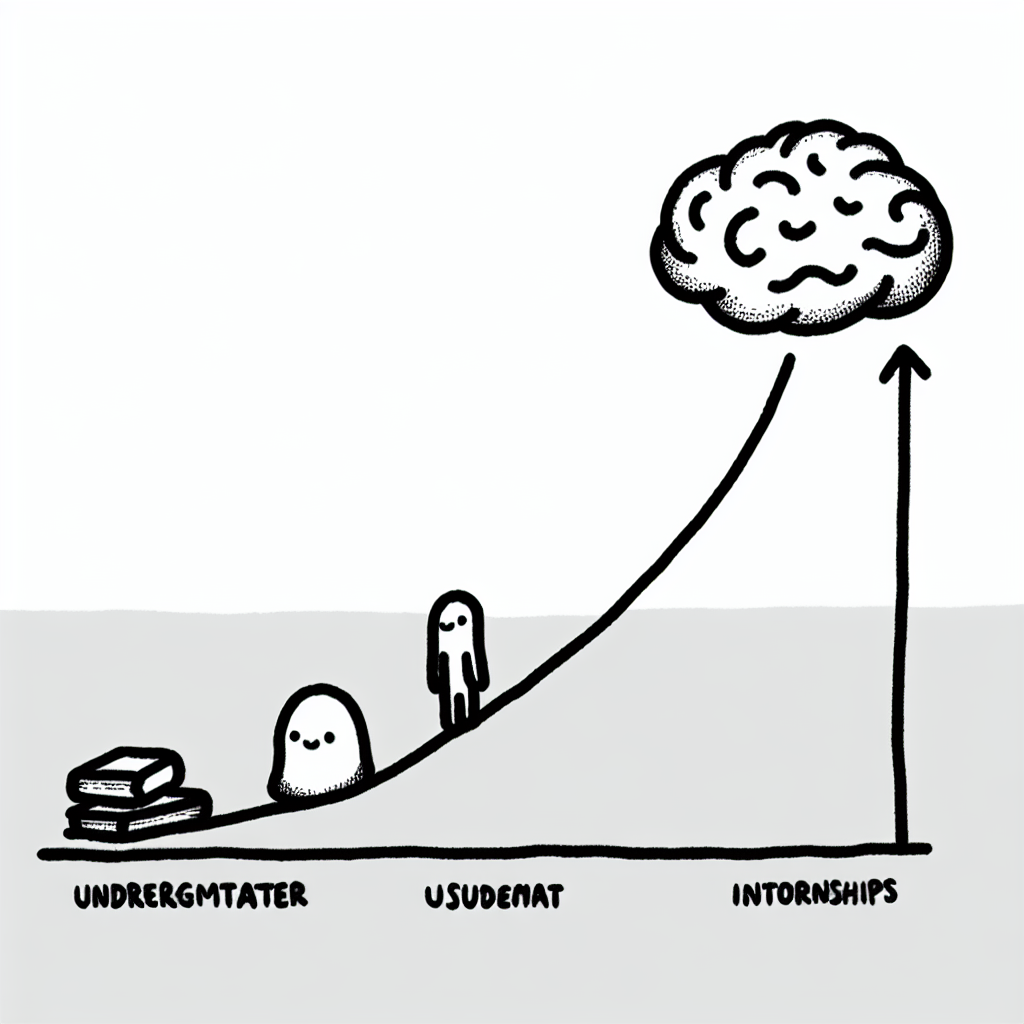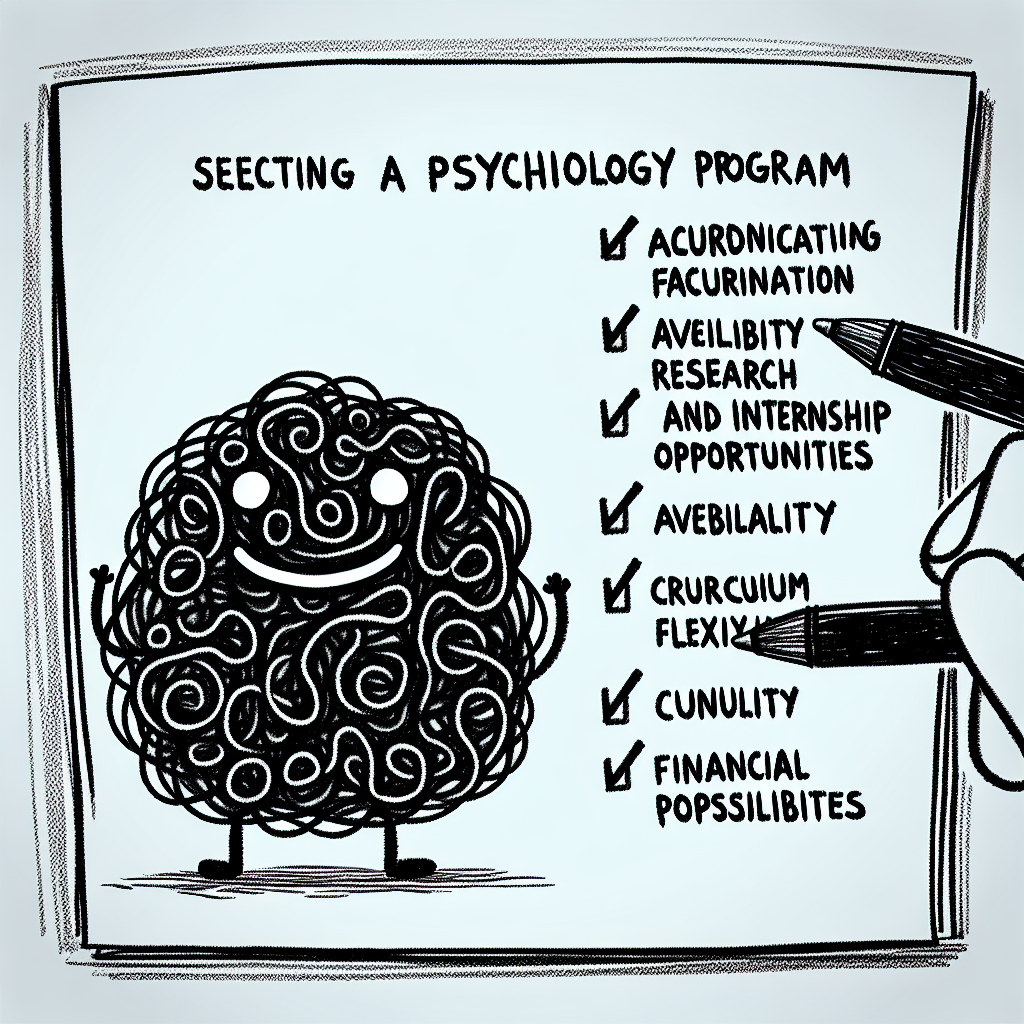Introduction
Psychology has become one of the most popular and impactful fields of study in modern education. As mental health awareness grows and behavioral science becomes increasingly relevant across industries, psychology attracts students for both its practical value and intellectual depth. Choosing among the top psychology majors today means not only exploring human behavior and mental processes, but also preparing for a wide range of career paths.
The demand for psychology graduates continues to rise due to the field’s versatility. Psychology majors can pursue careers in clinical practice, counseling, education, human resources, marketing, research, and more. This flexibility makes it a strong academic choice for students with diverse interests and long-term goals. According to the U.S. Bureau of Labor Statistics, employment for psychologists is projected to grow 6% from 2022 to 2032, faster than the average for all occupations.
When evaluating top psychology majors, students should consider several key factors: accreditation of the program, faculty expertise, research opportunities, internship availability, and post-graduation outcomes. These elements can greatly influence the quality of education and future career prospects. Understanding these factors is essential in identifying programs that not only offer academic excellence but also align with personal and professional objectives.

🌍 Global Leaders in Psychology Education
🏆 Harvard University
Harvard University consistently ranks as one of the top psychology majors globally, holding the #1 spot for psychiatry/psychology according to U.S. News & World Report. Its psychology department is known for its groundbreaking faculty research, state-of-the-art resources, and opportunities for interdisciplinary study. Harvard has produced numerous influential psychologists and continues to shape the field through its academic leadership and innovation.
🌟 Other Elite Institutions
Several other universities are recognized for offering top psychology majors. Stanford University is praised for its research innovation and collaborative academic environment. The University of Cambridge and the University of Oxford in the UK provide rigorous, theory-driven programs with strong ties to empirical research. The University of California—Berkeley emphasizes experimental psychology and is known for its robust funding and cutting-edge labs. Institutions like Yale University and University College London (UCL) also stand out, offering globally respected programs with a focus on both foundational theory and applied practice.
🔍 Evaluation Criteria for Rankings
Rankings of the top psychology majors are based on a variety of factors. Key criteria include academic reputation and peer assessments, as outlined in the U.S. News Methodology. Other elements include volume and impact of faculty research publications, post-graduate outcomes, employer reputation, and measures of international student diversity and satisfaction. These metrics help identify institutions that offer the most comprehensive and prestigious psychology education worldwide.

🎓 Psychology Degrees by the Numbers
📊 Psychology as a Popular Major
Psychology continues to be one of the top psychology majors pursued by undergraduates in the United States. In the 2020–21 academic year alone, over 126,944 psychology bachelor’s degrees were awarded, making it one of the most commonly conferred degrees nationally (NCES). A notable demographic trend is that 79.9% of these degrees were awarded to female students, underscoring psychology’s appeal among women and reflecting broader gender patterns in the field.
💼 Career Pathways by Degree Level
Associate & Bachelor’s Degrees
Students who earn associate or bachelor’s degrees in psychology gain a foundational understanding of human behavior and mental processes. These degrees prepare graduates for entry-level positions in areas such as social services, education, and business. Programs in applied psychology often emphasize communication and critical thinking skills essential for these roles (Online Applied Psychology Bachelor's Overview).
Master’s Degrees
At the master’s level, students can pursue specializations including industrial-organizational psychology, counseling, and research. These programs prepare graduates for mid-level careers in human resources, forensic settings, education, and behavioral research (Online Master's Programs in Psychology).
Doctoral Programs (Ph.D. and Psy.D.)
Doctoral degrees represent the highest training level among top psychology majors. Ph.D. and Psy.D. programs prepare students for clinical practice, academic careers, and advanced research. Earning a doctoral degree is typically required for licensure as a clinical psychologist in most U.S. states.

💻 Online Psychology Education
🌐 Growth of Online Degrees
Online psychology education has seen rapid growth, making it one of the top psychology majors for students seeking flexibility and access. These programs are especially beneficial for nontraditional learners and working adults who need to balance studies with other responsibilities. Accredited online psychology degrees often match the academic rigor of traditional on-campus programs, ensuring that students receive a comprehensive and respected education.
📘 Applied Psychology Online
Applied psychology is a popular online major that equips students with practical skills in data analytics, interpersonal communication, and understanding human behavior. These competencies are valuable in diverse career fields such as education, business, marketing, and community services. The online format allows students to acquire these skills in a flexible environment. Explore Applied Psychology Bachelor's Degrees
🎓 Online Master’s Programs
For those looking to advance their careers or pivot to a new area within psychology, online master’s programs provide an accessible path forward. These programs offer specializations in fields like forensic psychology, behavioral analysis, and organizational psychology, allowing graduates to tailor their education to specific career goals. Discover Online Master's in Psychology Programs

🧪 Research Opportunities and Resources
🔬 Undergraduate Research
For students pursuing one of the top psychology majors, early involvement in research is a key asset, especially for those considering graduate school. Gaining experience through internships, lab assistantships, or summer research fellowships helps students develop critical thinking, data analysis, and scientific writing skills. Many top psychology programs offer structured opportunities for undergraduates to join faculty-led projects or conduct their own research under supervision. These experiences not only build academic credentials but also provide valuable mentorship and exposure to the research process.
🏫 Graduate-Level Research
At the graduate level, students in top psychology majors benefit from access to advanced research infrastructure and faculty expertise. Participation in faculty-led studies is common and often complements the student’s own dissertation research. Programs typically provide access to state-of-the-art laboratories and interdisciplinary research centers focused on areas such as cognitive neuroscience, behavioral health, or developmental psychology. These resources are critical for producing high-quality research and preparing for careers in academia, clinical practice, or industry.

💡 Tips for Choosing the Right Psychology Program
🔑 Key Considerations
When evaluating schools offering top psychology majors, start by checking the program’s accreditation. Regional accreditation ensures overall institutional quality, while specialized accreditation from bodies like the American Psychological Association (APA) may apply to graduate-level programs. Faculty credentials are equally important—look for professors with doctoral degrees, active research agendas, and relevant clinical experience.
Research opportunities and internships are crucial for gaining hands-on experience. Top psychology majors often provide lab work, faculty-led research projects, and partnerships with clinics or community organizations. These experiences can strengthen your resume and prepare you for graduate school or the workforce.
Also consider the curriculum’s flexibility. Some programs allow you to choose specializations—such as clinical, forensic, or industrial-organizational psychology—while others offer a more general track. Flexible course options, including electives and interdisciplinary studies, can help tailor your education to your interests and career goals.
📍 Finding Your Fit
Campus culture and student support services can significantly impact your academic and personal success. Visit campuses if possible, and ask about mental health services, academic advising, and peer mentoring programs.
Decide whether you prefer an online or in-person learning format. Many top psychology majors now offer hybrid or fully online options, which may be ideal for working students or those with family obligations.
Finally, evaluate the total cost of attendance, including tuition, fees, and living expenses. Research available financial aid, scholarships, and assistantships. Consider the program’s return on investment by looking at job placement rates, average starting salaries, and alumni outcomes.

Future Trends in Psychology Education
Emerging Specializations
As the field of psychology evolves, several new areas of study are gaining prominence among the top psychology majors. Neuropsychology is becoming increasingly popular, focusing on how brain function affects behavior and cognition. This specialization is especially relevant as research in brain imaging and neurological disorders advances.
Another fast-growing area is the integration of data science in psychology. Students are now combining psychology with statistical modeling and machine learning to better understand human behavior through large datasets. This trend reflects a broader shift toward evidence-based practices and data-driven decision-making in mental health and behavioral sciences.
Digital mental health is also emerging as a key focus. This specialization explores how mobile apps, online therapy platforms, and wearable technology can be used to monitor and improve mental health. As mental health care moves online, psychology programs are adapting to prepare students for this shift.
Technology in Psychology
Technology is reshaping education and practice for top psychology majors. Artificial intelligence is increasingly used in psychological research, assisting with data analysis and helping to develop diagnostic tools that can identify mental health conditions with greater accuracy. AI-powered platforms can analyze speech patterns, writing, and even facial expressions to detect signs of depression, anxiety, and other disorders.
In clinical practice, the rise of teletherapy and virtual counseling has transformed how therapy is delivered. Psychology education now includes training in digital communication tools, ethical considerations in virtual care, and best practices for remote client engagement. As these platforms continue to grow, students must be equipped with the skills to navigate digital mental health environments effectively.

Conclusion
Psychology remains one of the most dynamic and versatile academic fields, attracting students interested in understanding human behavior and mental processes. The top psychology majors offer robust academic foundations that prepare students for a wide range of careers, from clinical practice to research and beyond. These programs also provide flexible pathways, allowing students to tailor their studies to specific interests such as neuroscience, counseling, or organizational psychology.
Furthermore, the growing availability of online programs has expanded access to top psychology majors, making it easier for students to pursue quality education regardless of location. With careful planning and thorough research, students can identify programs that align with their academic goals and long-term career aspirations, setting the stage for future success in a variety of fields.







.png)






